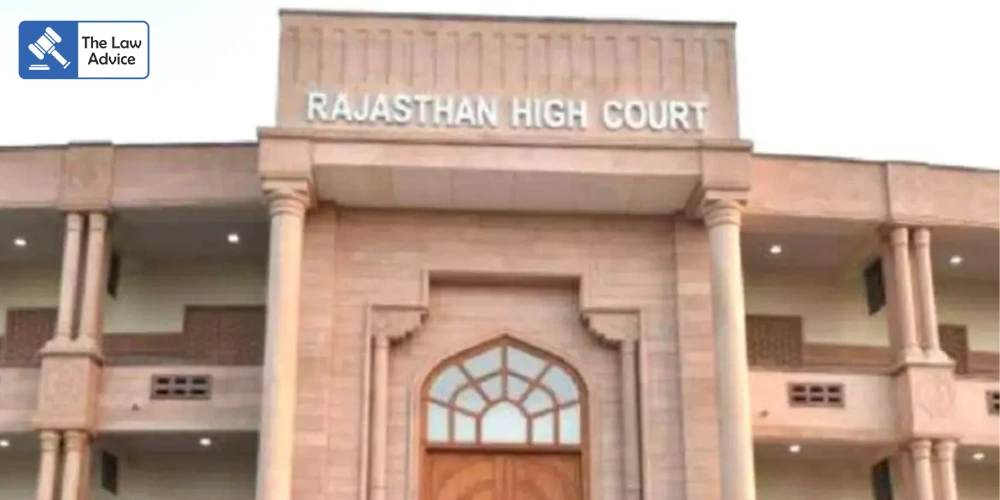The Rajasthan High Court has held that a trial court judgment delivered without separate findings on each framed issue is unsustainable in law, as it violates the mandatory provisions of the Civil Procedure Code (CPC).
A single-judge bench of Justice Anoop Kumar Dhand, while remitting the matter back to the trial court, observed that the omission to decide issues individually was “quite shocking and surprising” and in clear breach of Order XX Rule 5 CPC and Order XIV Rule 2 CPC, which mandate the court to record findings on every issue framed during trial.
The dispute arose from a civil suit under the Rajasthan Tenancy Act, 1955 filed against the petitioners. The trial court had framed seven issues for adjudication. However, instead of rendering issue-wise findings, the court merely provided a consolidated judgment, summarily accepting the case of one party and rejecting that of the other, without analyzing evidence separately for each issue.
When the trial court’s judgment was challenged before the First Appellate Court and subsequently before the Second Appellate Court, both forums upheld the order. Aggrieved, the petitioners approached the High Court.
The Court stressed the significance of framing and deciding issues, noting:
“Framing of issues is probably the most crucial aspect of the trial of a civil suit… The provisions contained under Rule 5 of Order XX CPC are mandatory and it is the duty of the Court to record its findings on each and every issue separately.”
The Court clarified that consolidated findings are not permissible unless the determination of one or more issues conclusively resolves the entire suit. In the present case, however, none of the seven issues could be ignored, and each required independent consideration.
The judgment passed by the trial court was criticized for being a cursory order—merely summarizing evidence and law, before giving a conclusion without reasoned findings on each issue. The High Court ruled that such an order is not a judgment in the eyes of law.
Holding that the trial court and appellate courts committed a jurisdictional error by overlooking the statutory mandate, the High Court:
• Set aside the judgments of the trial court and both appellate courts.
• Remitted the matter back to the trial court for fresh adjudication with categorical findings on all seven issues.
• Directed that the trial court complete the fresh decision within six months, since the case dates back to 2006.
Case Details
Title: Darogi & Ors. v. Chetram & Ors.
Court: Rajasthan High Court
Bench: Justice Anoop Kumar Dhand
